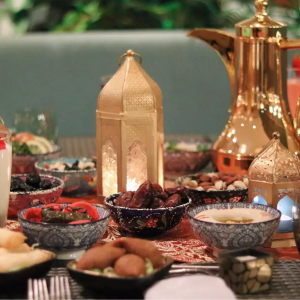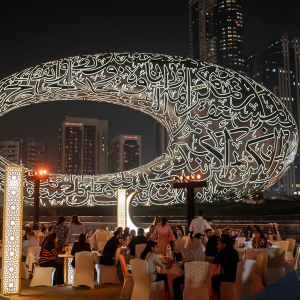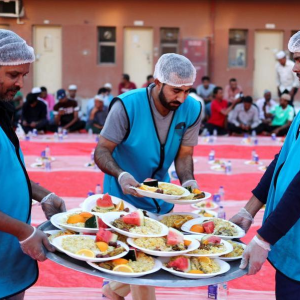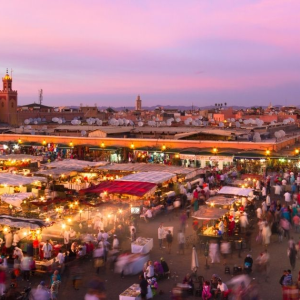Dubai is a land of dreams, but also of contradictions. A city where billionaires dine next to delivery riders, where luxury cars zip past buses full of workers, and where gold-plated coffee is just one metro stop away from 10-dirham meals. But behind the glittering image of the UAE’s crown jewel lies a deeper question: Can someone really survive in Dubai on a salary as low as AED 3000 per month?
It’s not just a financial question — it’s about lifestyle, dignity, mental health, and human adaptability. Because when we talk about AED 3000 in Dubai, we’re not just talking about survival — we’re talking about the untold stories of thousands who live it every day.
The Harsh Truth: Yes, People Do It — But It’s Not Easy
Before diving into the how, let’s start with the reality — yes, people survive in Dubai on AED 3000. Thousands of blue-collar workers, junior admin staff, assistants, helpers, cleaners, and delivery riders make it work. Some even send money back home.

But “survival” doesn’t mean comfort. It means cutting corners, sacrificing freedom, and often compromising basic needs.
Let’s break down how this budget gets stretched across the essentials — and where it often falls short.

Breaking Down the AED 3000 Monthly Budget
In a city where a cup of coffee can cost AED 25 and a movie ticket AED 50, AED 3000 may sound impossible. But with careful planning, here’s how it’s commonly split:
Accommodation: AED 800–1200
This usually means a shared bedspace in older buildings, often in areas like Sonapur, Deira, Al Quoz, Muhaisnah, or even Sharjah. Many workers share one room with 4–8 people. Privacy is minimal. Amenities are basic.
Transportation: AED 300–400
Public transport is key. Most use metro, buses, or company-provided buses. Monthly Nol passes help reduce cost. Some walk long distances to save even this amount.
Food & Groceries: AED 600–800
Cooking at home is more affordable. Staples like rice, lentils, eggs, and vegetables form most of the diet. Many rely on cafeteria meals with combo offers around AED 7–10 per meal. Dining out is rare and often considered a luxury.
Mobile & Internet: AED 50–100
Low-cost prepaid packages from Etisalat or Du help manage this. Wi-Fi is shared in accommodations, or people rely on data only.
Personal Needs & Misc: AED 200–300
This covers toiletries, laundry, basic clothing, and an occasional outing. Any medical emergency or extra expense can disrupt the budget badly.

Remittance to Home: AED 300–600
Surprisingly, many still manage to send money to their families back home, especially in countries like India, Pakistan, Nepal, Bangladesh, and the Philippines.
That leaves very little, if anything, for savings. For many, a single missed salary or an unexpected fine means slipping into debt.
The Human Side of Low-Income Survival
It’s easy to look at the numbers and make assumptions. But survival isn’t just math — it’s emotion, dignity, and resilience.
Mohammed, a warehouse helper from Bangladesh, shares his story:
“I earn 3000. I send 500 to my wife every month. I share a room with five people in Al Quoz. My dream is small — to build one room in my village back home. Life is not easy, but I’m thankful I’m able to earn something.”
Leah, a Filipina receptionist, says,
“When I came to Dubai, I had a dream to save. But after rent and food, I have nothing left. Still, I wake up and dress up like everything is okay — because in Dubai, everyone looks like they’re doing well.”
These are the silent struggles of thousands — invisible in Instagram reels, untouched by luxury billboards.
Is There a Way to Make It Work Better?
Yes, but it requires smart choices, support systems, and sometimes — compromises.
1. Shared Housing in Sharjah
Many low-income earners live in Sharjah, where rent is almost 40–60% cheaper than Dubai. Bus and metro connections make daily commuting possible, though it adds travel time.
2. Cook in Bulk
Buying groceries from wholesale markets like Lulu Hypermarket, Union Coop, or Carrefour and cooking in batches helps cut food costs. Some people even form cooking groups in shared accommodation to split the cost.
3. Free City Experiences
Dubai isn’t only malls and luxury. Many parks, beaches, museums, and cultural festivals are free to access. Places like Al Mamzar Beach, Creek Park, and La Mer offer weekend refreshment at zero cost.
4. Healthcare Assistance
Low-income residents can use discounted clinics, DHA centers, or free health camps by NGOs. Also, most employees are entitled to basic health insurance, which they should utilize.
5. Community Support
Expats often create tight-knit communities that help each other in times of need. Facebook groups like “Dubai Pinoy Help,” “Indians in UAE,” or “Budget Life UAE” share job leads, second-hand items, and free services.
Emotional Impact: The Side No One Talks About
Living paycheck to paycheck takes a toll on mental health. Many low-income workers in Dubai suffer from anxiety, isolation, and even depression — but hesitate to speak up.
Why? Because asking for help feels like failure in a place where success is loudly displayed.
Moreover, long working hours, poor living conditions, and fear of losing their job leave many feeling trapped. Mental health support for this segment is scarce, though slowly growing. Some nonprofits are trying to fill this gap with helplines and counseling.
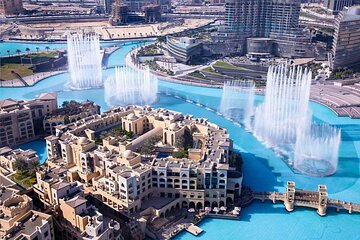
But Why Do People Still Stay?
Here’s the truth: even on AED 3000, many still earn more than they would back home. For some, it’s enough to send children to school, build a home, or pay family debts. Dubai, despite its high cost of living, still offers jobs, safety, and hope.
That hope is why many stay — and push through.
They believe in a better tomorrow. Some upgrade their skills. Some find side jobs. Others slowly move up from AED 3000 to 4000, 5000, or more.
And every step forward matters.
Can You Build a Future on AED 3000?
Building a life — maybe. Building a future — it’s hard, but not impossible.
Many people earning AED 3000 start from scratch, then study at night, attend free workshops, take online courses, or switch careers. In 2–3 years, some double their salary.
Dubai is a land of extremes, yes. But it’s also a land of possibility.
If you are determined, strategic, and willing to learn, you can grow. It may be slow. It may be hard. But it’s not hopeless.
Advice from Those Who Made It
Arjun, an Indian who started as a cleaner and is now a security supervisor, says,
“First salary was AED 2800. I didn’t even have shoes. But I worked, studied at night, and learned English. Now I earn AED 5500 and live in a studio.”
Joyce, a Kenyan waitress who now manages two cafes, shares,
“Life on low salary teaches you gratitude. I never wasted anything. I worked hard and asked for training. Slowly, they noticed. You must believe in your worth.”
These stories aren’t fairy tales. They’re real — and they show what’s possible with patience and persistence.

Final Thoughts: Surviving Isn’t Thriving — But It’s a Start
So, is it possible to survive in Dubai on AED 3000? The honest answer is — yes, but just barely.
It requires strict budgeting, strong mental strength, and a hopeful mindset. It means living simply, sacrificing luxuries, and constantly planning ahead. But many do it — and some even rise from it.
If you’re someone trying to survive on AED 3000, remember this — you are not invisible. You are not a failure. You are part of the backbone that keeps this city running.
And if you’re someone earning more, this is your reminder to look around, acknowledge the struggle, and maybe extend kindness to those who work silently in the shadows of Dubai’s towers.
Because at the end of the day, every human — no matter their salary — deserves dignity, respect, and a fair chance at a better life.
Follow us on instagram: UAE STORIES




